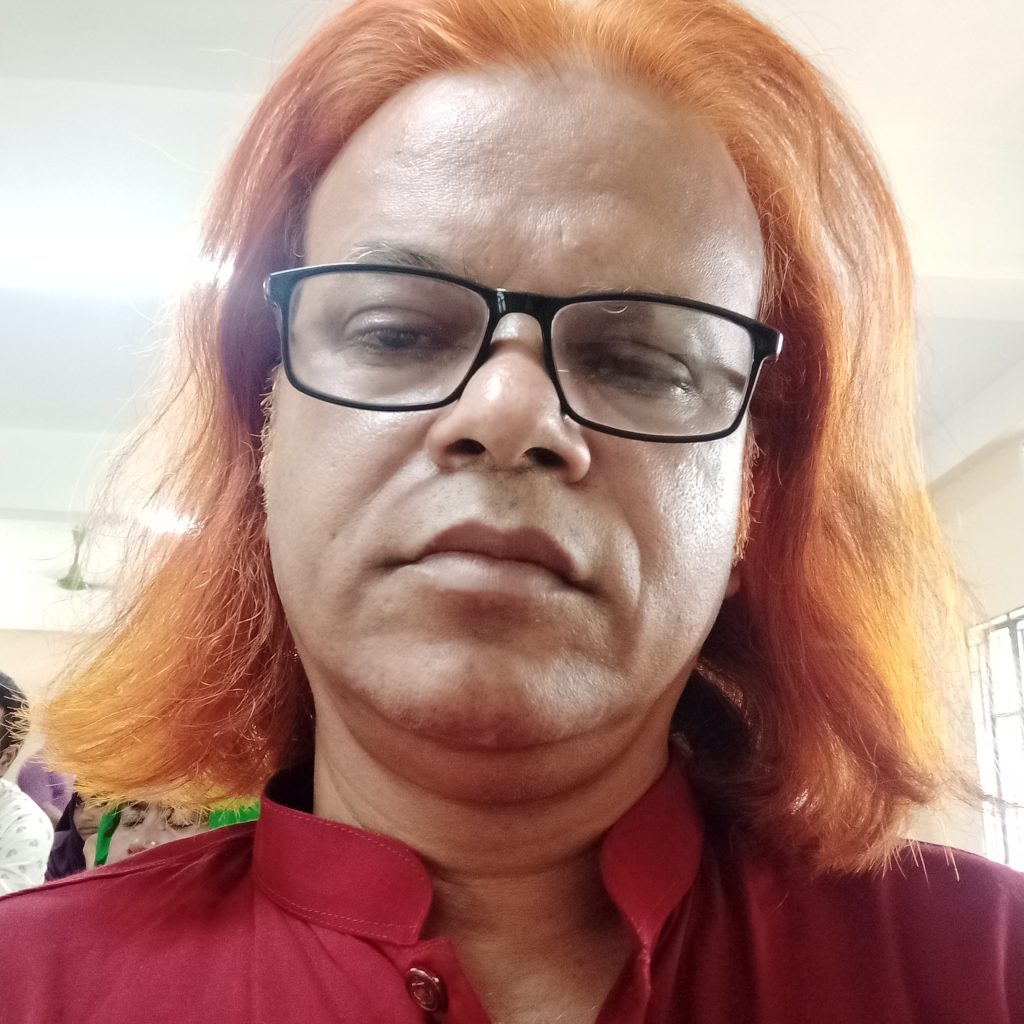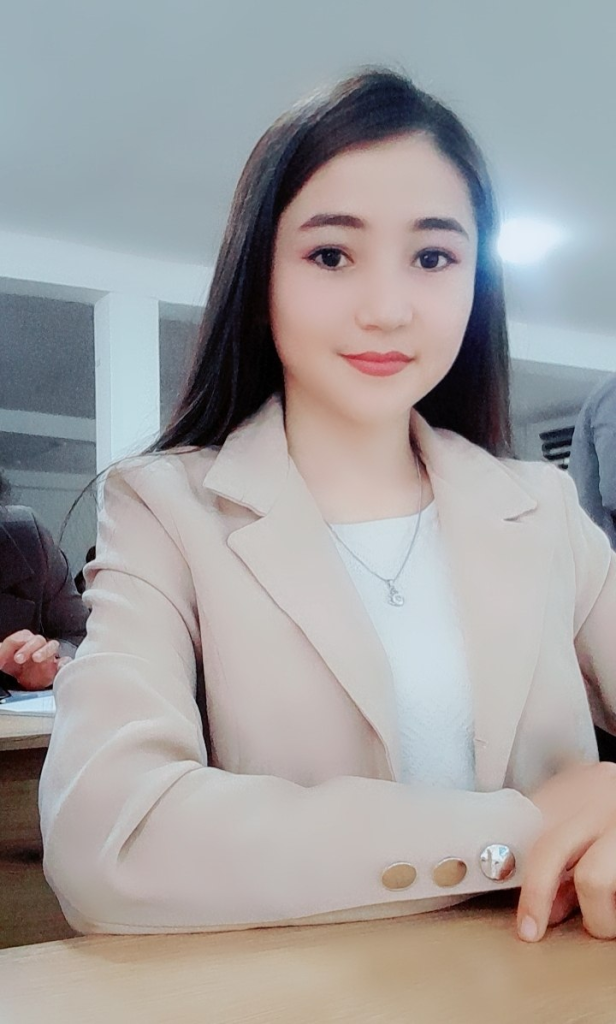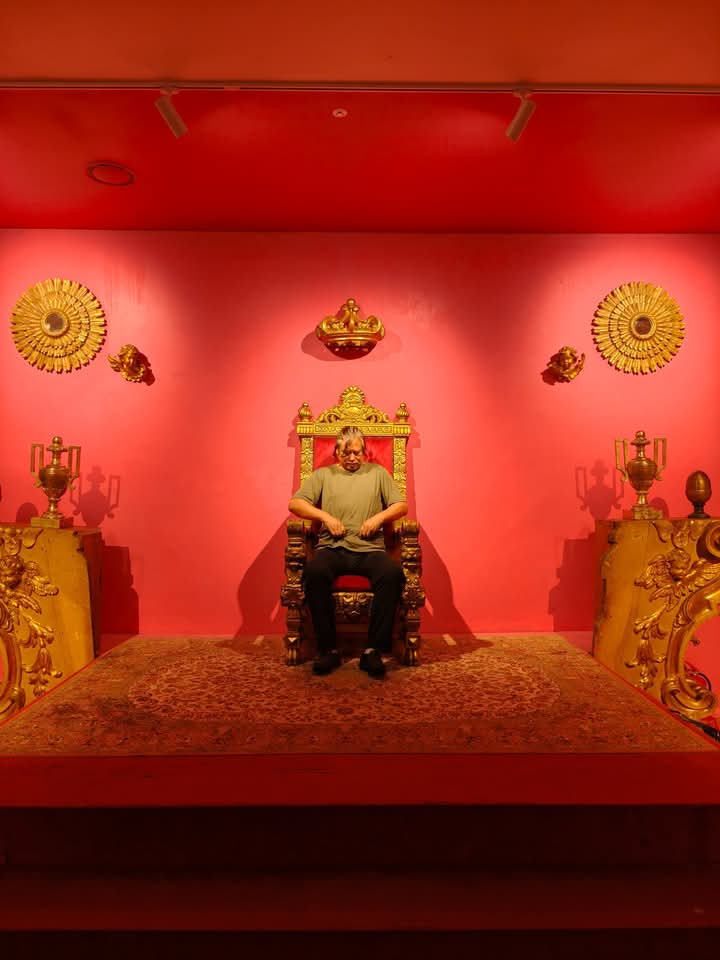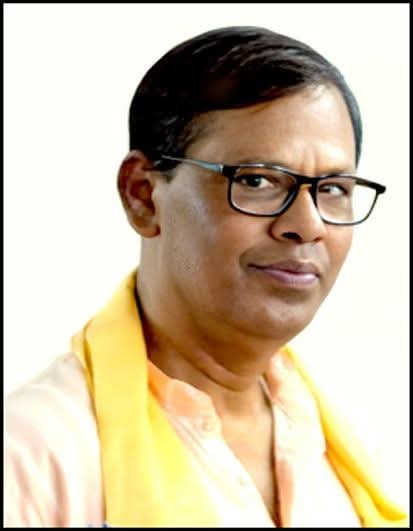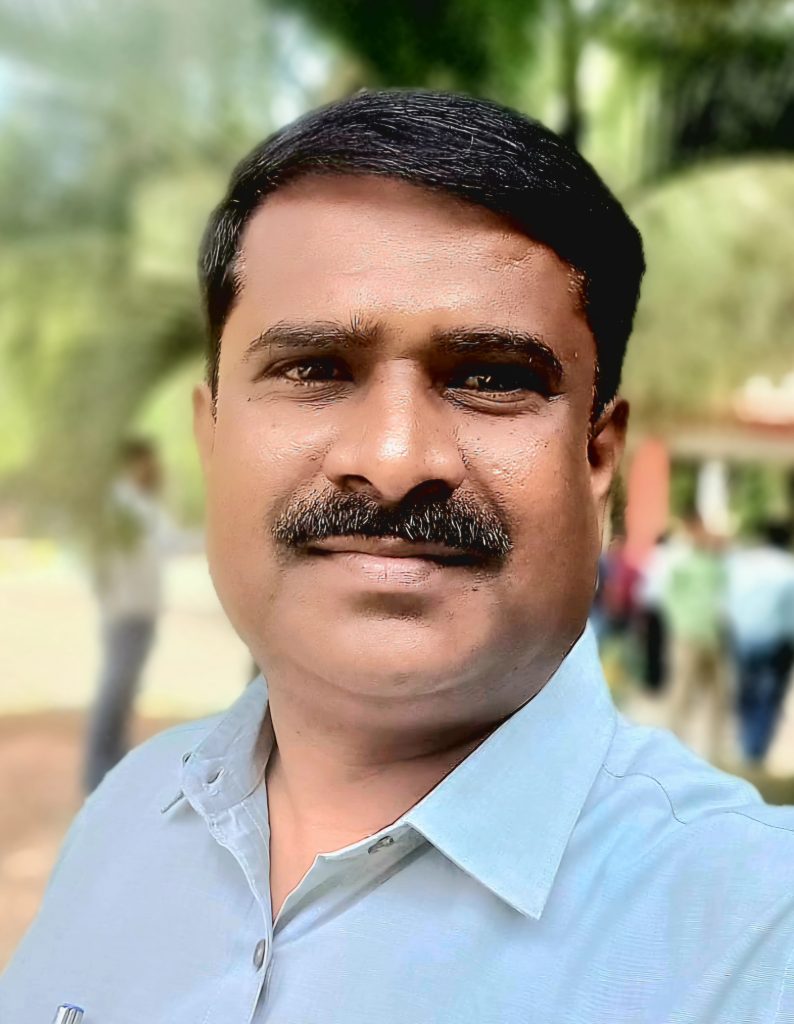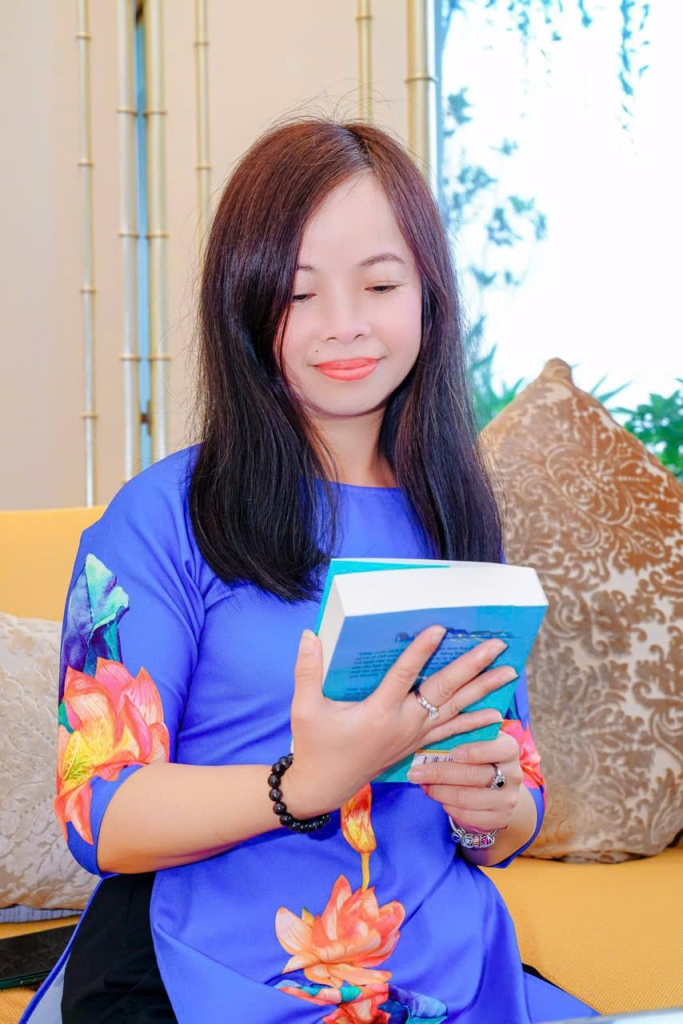
MELODY OF A POETIC HEART
(Võ Thị Như Mai)
That graceful lady, on a rainy afternoon, opened for the first time a notebook filled with scribbled lines of poetry. At first, she felt confused, as if hearing a foreign language. But then, with each rhythm and each resonant word, she was amazed to realize: poetry was speaking for her own heart. From that moment on, poetry became a companion, helping her to understand the world and herself. People often say, “Poetry is the blood of the heart, the voice of the soul” (Gibran). Indeed, poetry is everywhere: in lullabies, in letters, even in dry chronicles. It not only arranges words but distills emotions, turning the personal into a shared rhythm. Thus, poetry is like a bridge spanning generations and feelings. If you have ever been puzzled by a poem, do not rush to blame it for being inaccessible. Like any art form, poetry requires patience and an open heart. When we listen and allow ourselves to be moved, poetry will bloom. To fully appreciate it, readers should begin by understanding poetry’s structure: from lines, stanzas, rhyme schemes, to rhythm, all are pieces that harmonize into a meaningful picture.
As she began to explore the world of poetry, she gradually realized that reading poetry is not merely about receiving brief phrases but a journey opening layers of emotions and reflections. Poetry is a condensed world where each line, each image carries a hidden meaning, waiting for the patient reader to unfold. A poem, seemingly simple on the surface, actually contains a whole universe of the soul. Everyone approaches poetry with their own perspectives and experiences, making the meaning of a poem never fixed but always shifting with each heart that receives it. Poet Robert Frost once said: “Poetry is a conversation between the heart and the mind, a way for people to extend their voice across time.” And so, decoding poetry requires subtle understanding and attentive listening.
One autumn afternoon in August, the graceful lady sat by the window holding an old poem gifted by an unknown author. She read it repeatedly; each word and phrase gradually revealed images, tones, and emotions she had never noticed before. She learned not to rush analyzing each word but to let the entire poem flow smoothly through her soul, until everything naturally became clearer. She began to ask: Who is speaking in the poem? To whom are they speaking? What is the surrounding context? These questions opened a space for deeper understanding—not only of the author but also of herself. There is a saying: “The best reader is one who journeys alongside the author in discovering meaning” (Ezra Pound). And the graceful lady gradually realized that reading poetry truly means not only understanding words but living with the poem’s breath and feelings.
Poetic language is a world different from everyday speech, a place where symbolic images, subtle metaphors, and harmonious rhythms combine to give the work life. Once, in a conversation with a seasoned poet, she heard him say: “Metaphor is the soul of poetry. A single image can carry a vast range of emotions, transporting the reader from reality to imagination.” Like when Shakespeare called life “a fool’s tale, full of sound and fury, signifying nothing,” just a few words made readers feel the futility and brevity of human existence. Martin Luther King, Jr. also used metaphor in his famous speech, calling the American South a “burning desert of oppression” and hoping it would become “an oasis of freedom and justice,” powerful images that stirred the hearts of listeners. The graceful lady understood that metaphor not only enlivens language but also enables poetry to transcend ordinary language limits and reach the listener’s heart.
But the journey of writing poetry is not always smooth. Some days, the graceful lady sat at her desk staring at a blank page, her mind tangled, unable to find a single idea. Feelings of frustration, fear, and anxiety hung like a shadow. She recalled Ernest Hemingway’s words: “Writing is a lonely job but sitting still and not writing is lonelier still.” In that moment, she understood that writer’s block is inevitable, and how she overcomes it matters most. She tried stepping outside to breathe fresh air, watching people passing by to calm her mind. Sometimes, just a short story about a bird flying past the window would brighten her thoughts, making words flood back. She began jotting down fragmented sentences, small ideas, imperfect but real, and from there, the creative flow resumed.
As poet Rainer Maria Rilke once advised: “Live the questions now. Perhaps then, someday far in the future, you will gradually, without noticing it, live your way into the answer.” The graceful lady learned that creativity does not always require a perfect plan; sometimes a small step or a spontaneous idea is enough to break through the wall of stagnation. Music, nature, and small everyday objects all became precious sources of inspiration, helping her reclaim emotions and continue raising her own voice.
In the end, she realized poetry is a process of empathy, between the writer and themselves, and between the reader and the author. Each poem is like a mirror reflecting hidden corners of the human soul, helping us better understand ourselves and the world around us. As poet Langston Hughes said, “Poetry is understanding people with the heart, not just the mind.” And when the graceful lady sat down to write her first verses, she knew she was not alone. Like generations before her, she was gathering fragments of words and rhythms of emotion to create her own symphony, a melody of the heart echoing through past, present, and future.
V.T.N.M.
Võ Thị Như Mai is a translator, poet, and educator lives in Western Australia. She is known for translating Vietnamese poetry into English and vice versa, helping to connect and promote cultural and linguistic exchange between the two literary traditions. Her poems have been published on many major platforms attracting wide attention from readers both in Vietnam and abroad. In May 2025, she was honoured with an award from the Vietnamese Consulate General in Australia, recognizing her outstanding contributions to the development and promotion of Vietnamese literature overseas.

